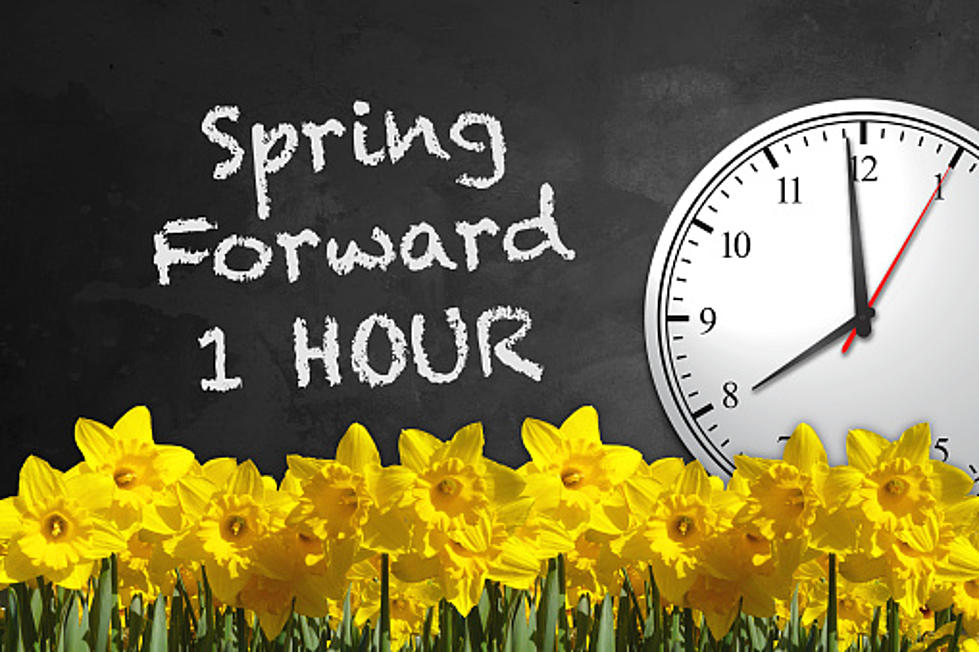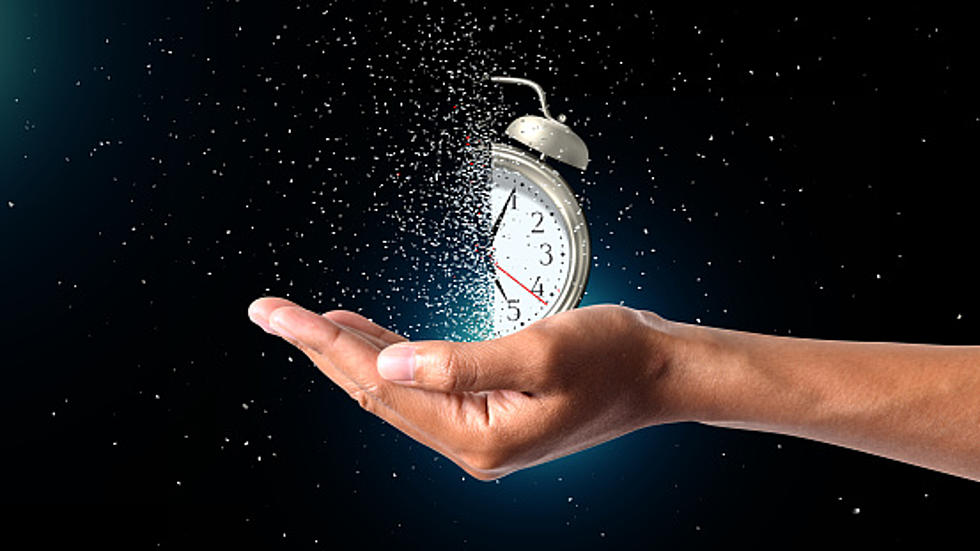![5 Things You Need to Know About Daylight Saving Time [VIDEO]](http://townsquare.media/site/721/files/2015/10/5-Things-You-Need-to-Know-About-Daylight-Saving-Time-.jpg?w=980&q=75)
5 Things You Need to Know About Daylight Saving Time [VIDEO]
Oh hear it comes; the bajillion reminders to set your clocks back this weekend, the "it's daylight saving, not savings"; the, "ooh, we get an extra hour of sleep this weekend" (as parents grumble, "you don't have kids, do you?"); oh and one more, "it's daylight saving this weekend which means we get an extra hour to drink on Halloween." Yes, all those things are true but there are some important things about daylight saving time that you need to know, courtesy of USA Today.
- When do I need to change my clocks? Move your clocks back one hour at 2 a.m. on Saturday, Nov. 1. Just make sure that the clocks on your stove top and microwave match what's on your smart phone.
- How does it effect my body? You should be able to adjust to the time change in a day or two, the key is to fight the urge to take advantage of the extra hour. Celebrating the time change on the weekend means you stay out three to four hours longer you're pretty much canceling out that extra hour of sleep you think you're getting.
- Which states have ditched the time change? Yes, there are actually states that don't practice daylight saving; they're Arizona and Hawaii.
- When was daylight saving time signed into law? President Lyndon Johnson signed the Uniform Time Act into law in 1966. Who knew we needed a law to keep time uniform?
- Why does it exist? Everyone asks this question. The idea is to take advantage of daylight hours and save energy. Many of us have heard it was to help the farmers which is partially true, the change is rooted in an agricultural society when more people were working out in the fields.
Now that you know what you know, how will you spend your extra hour?
More From 97 ZOK









